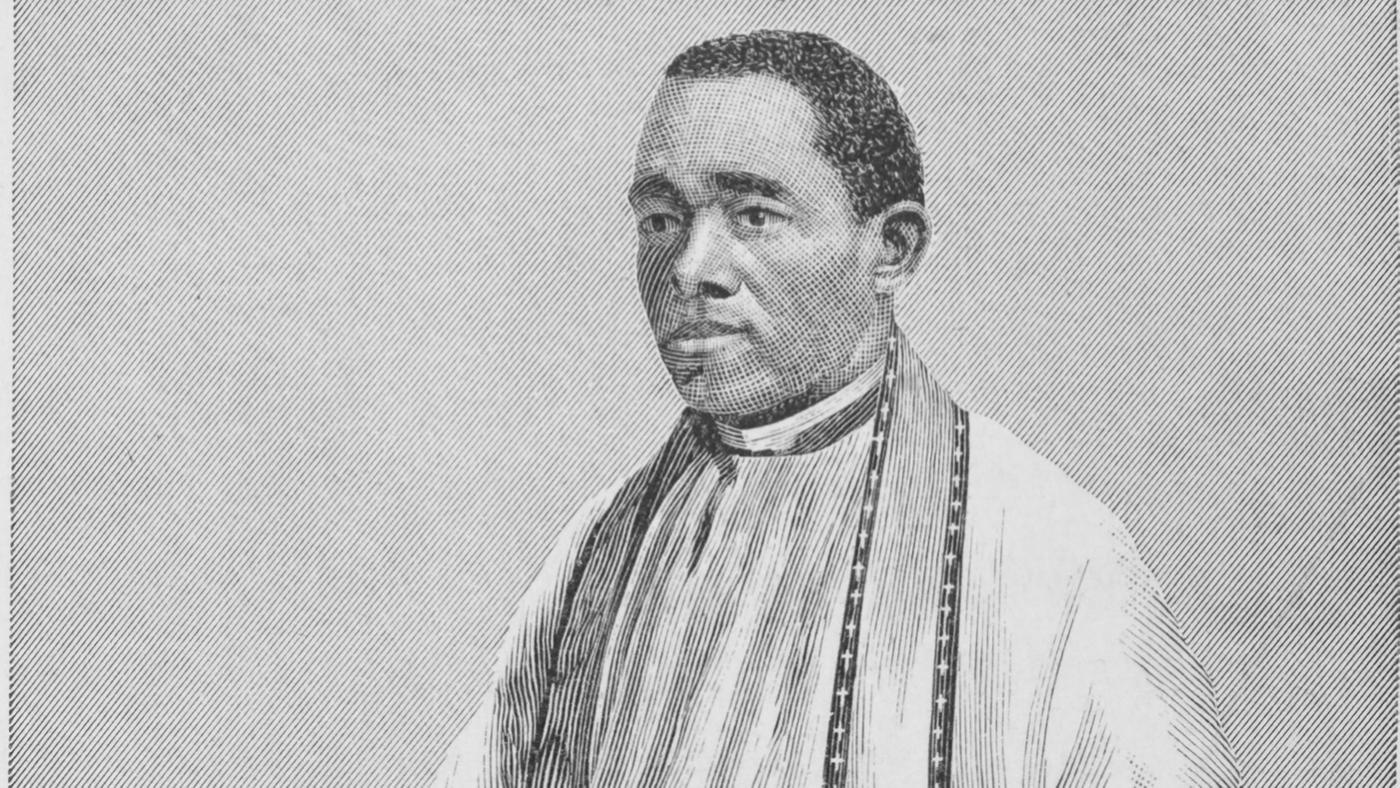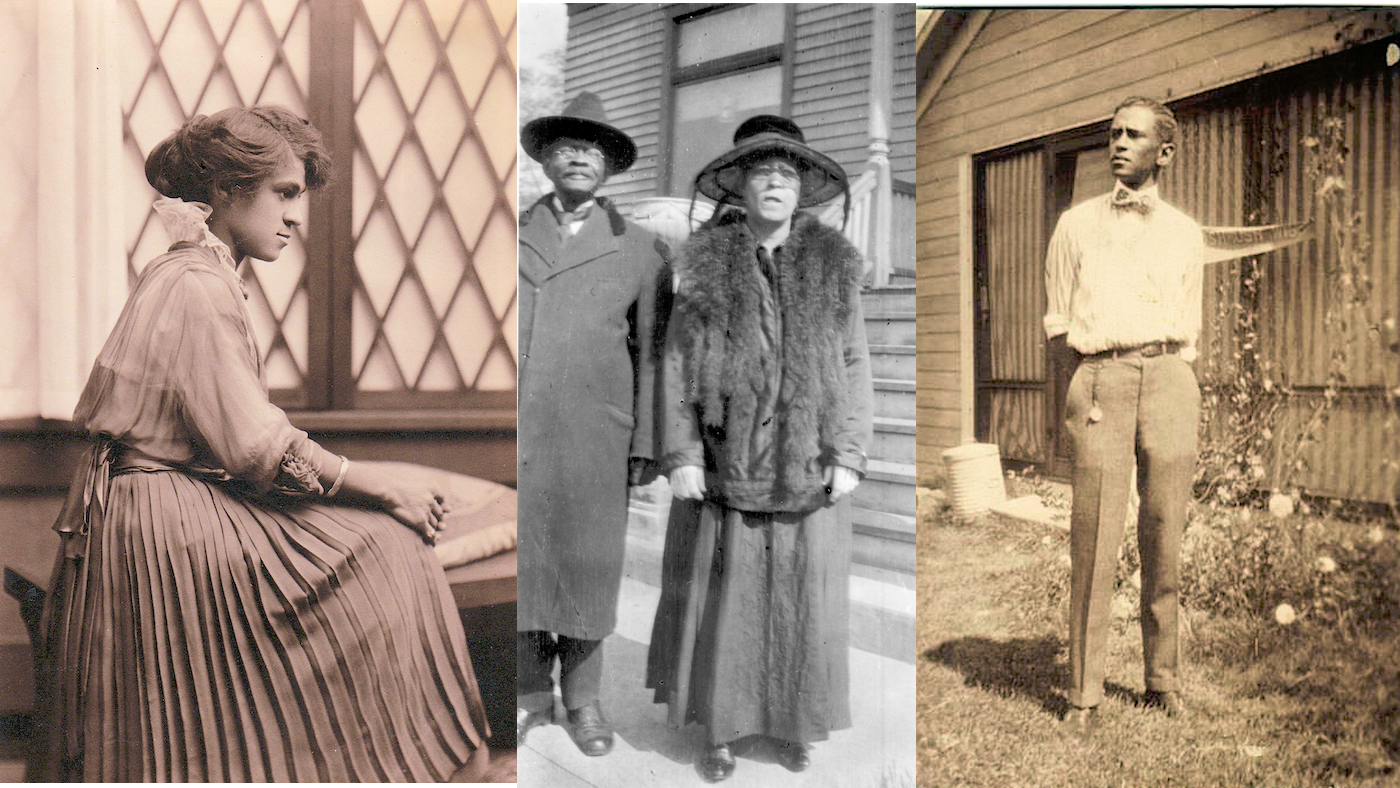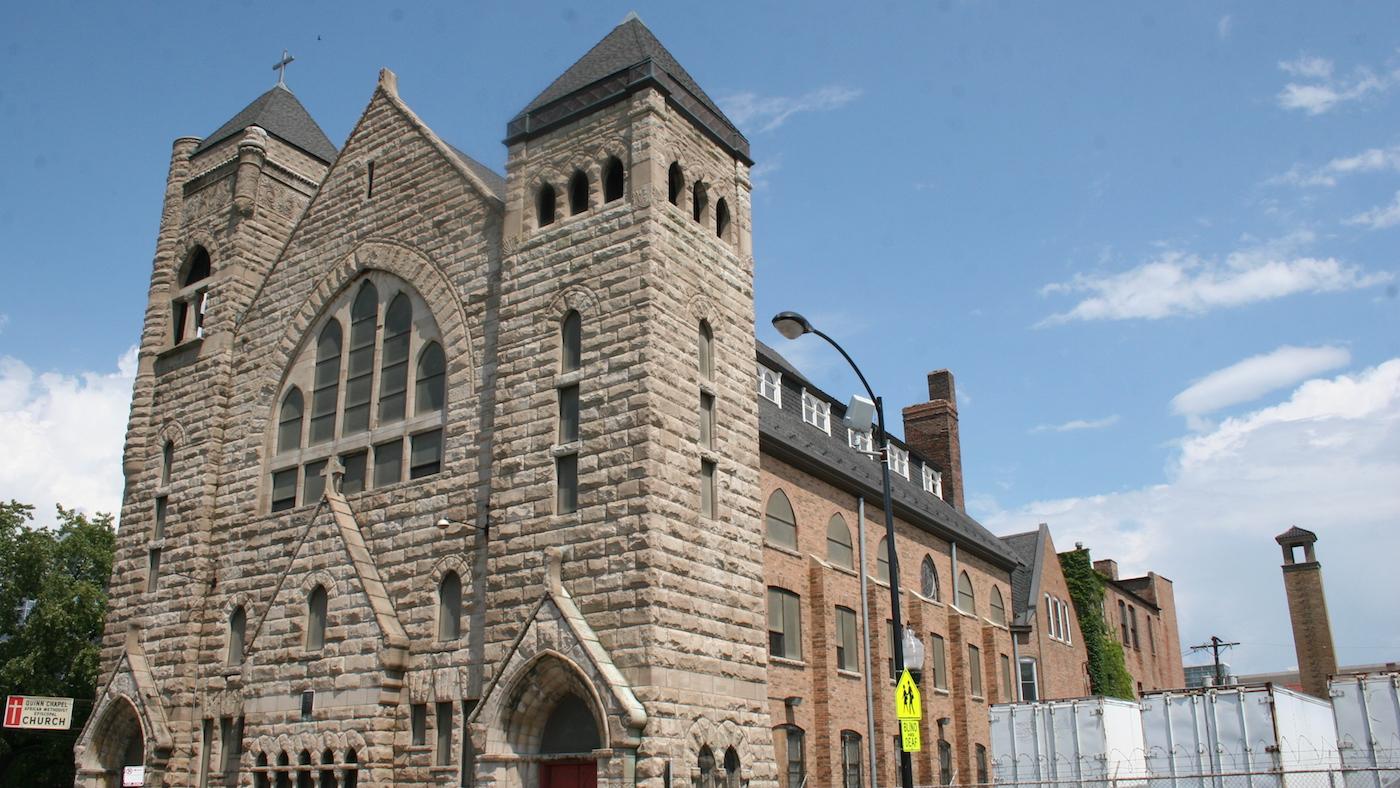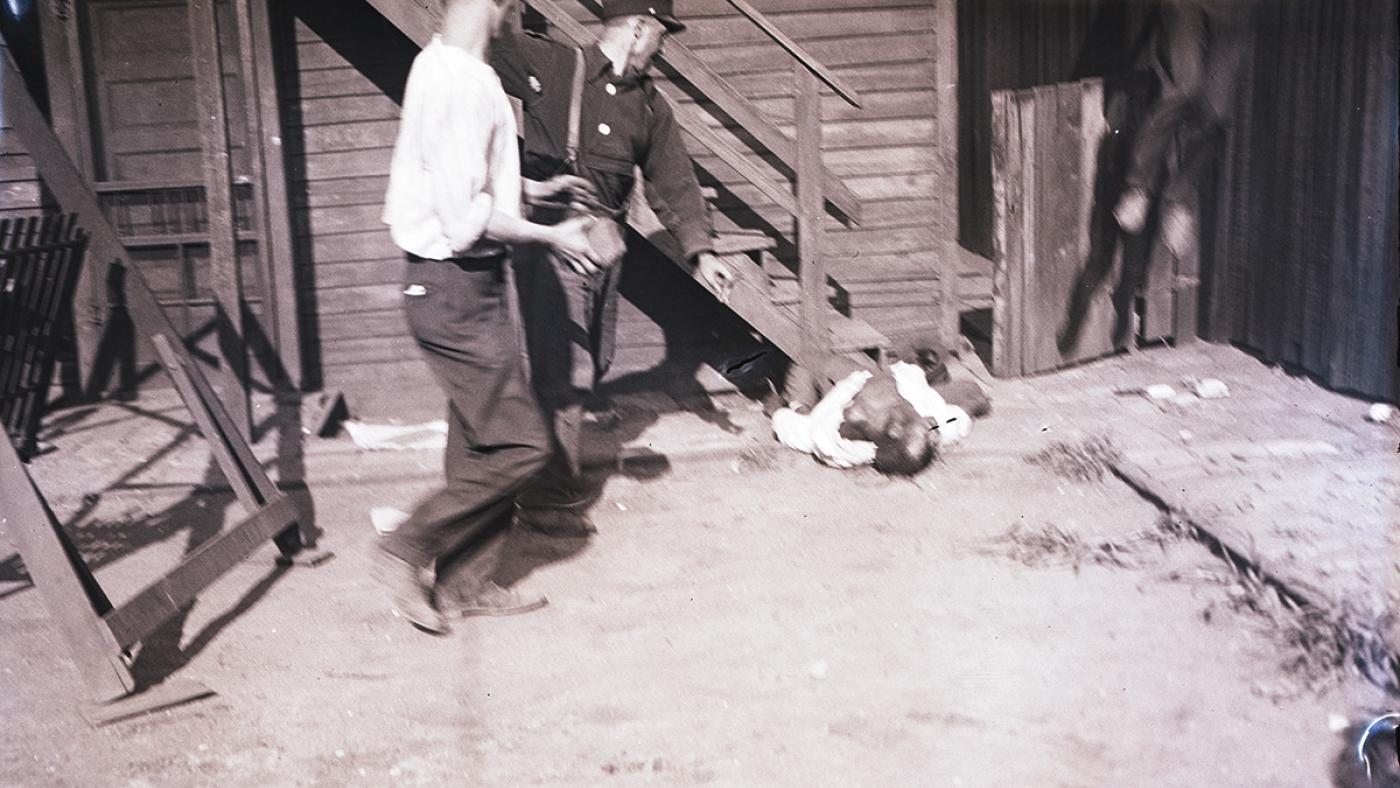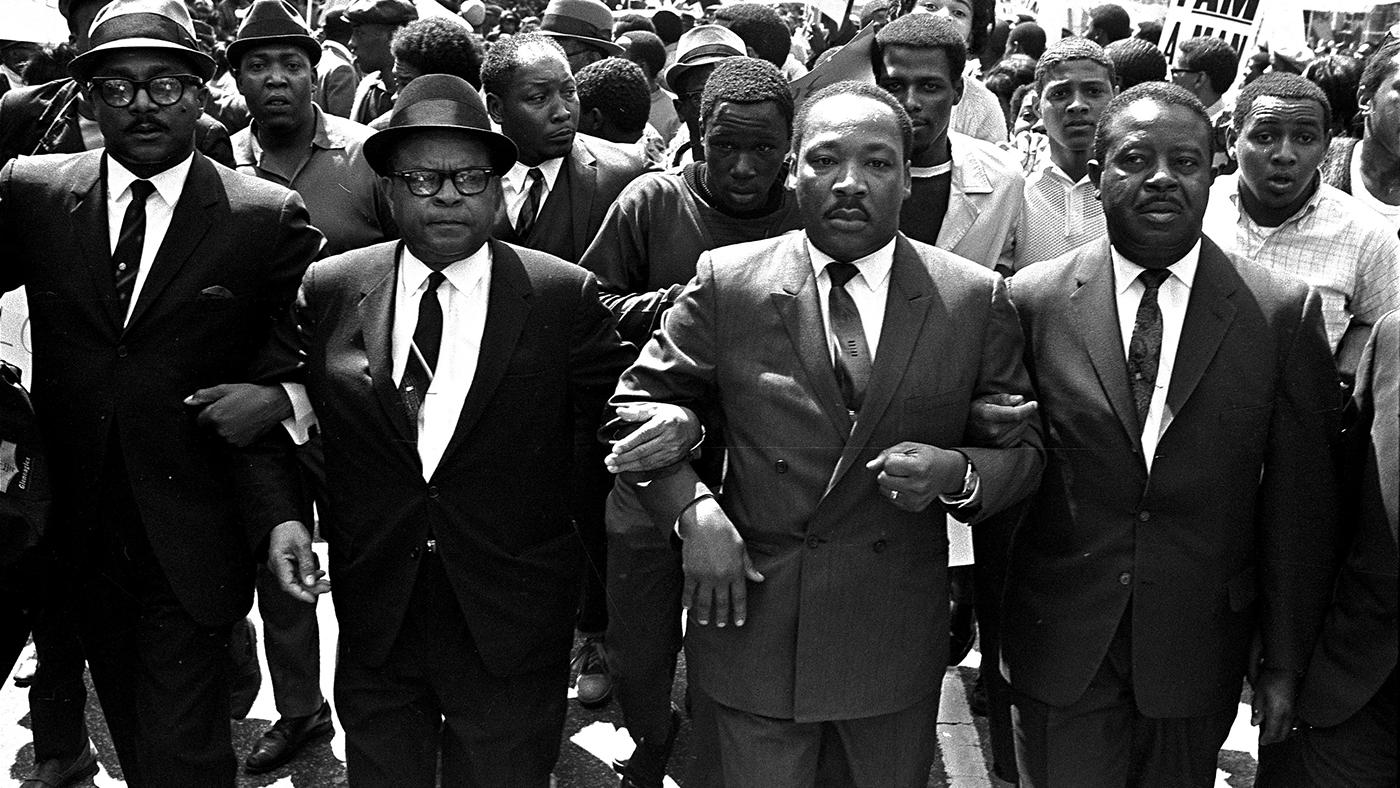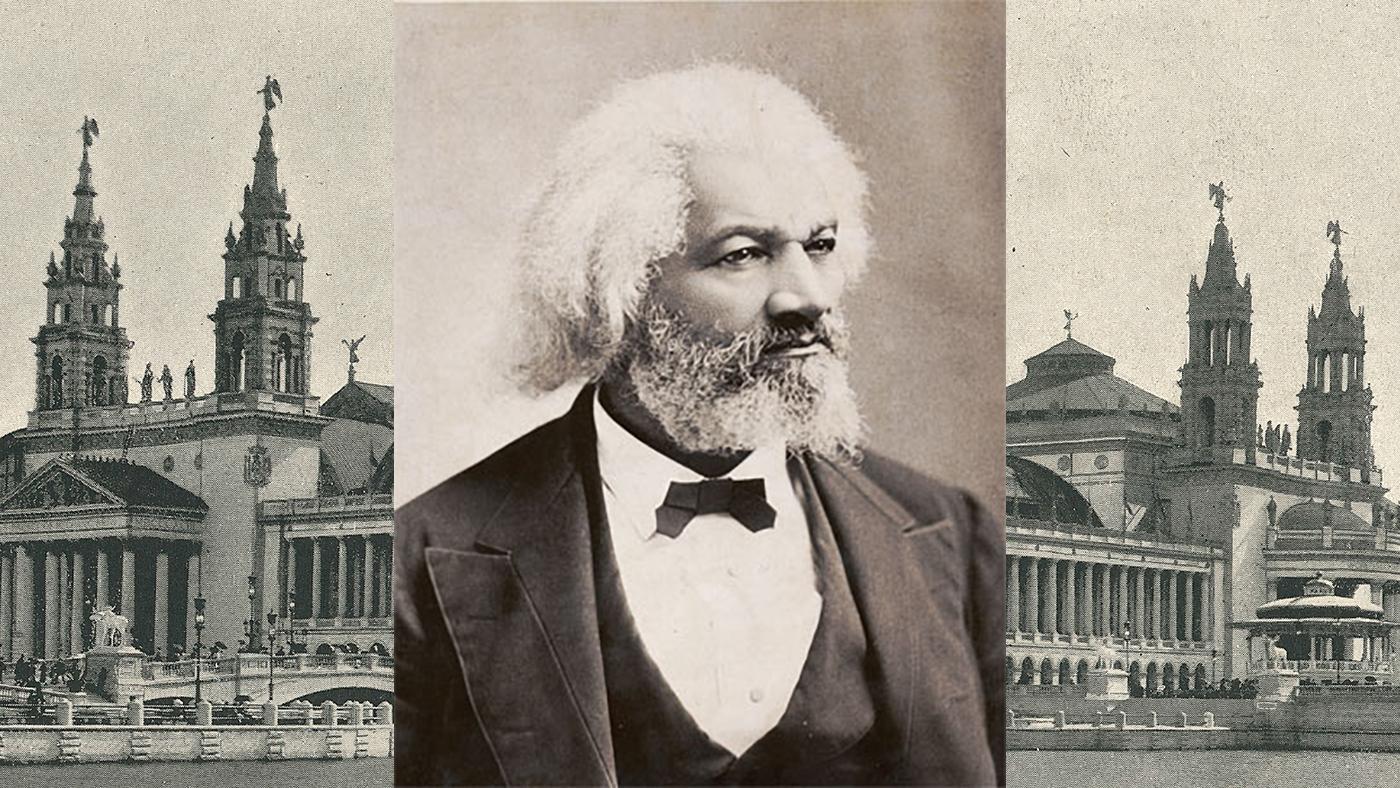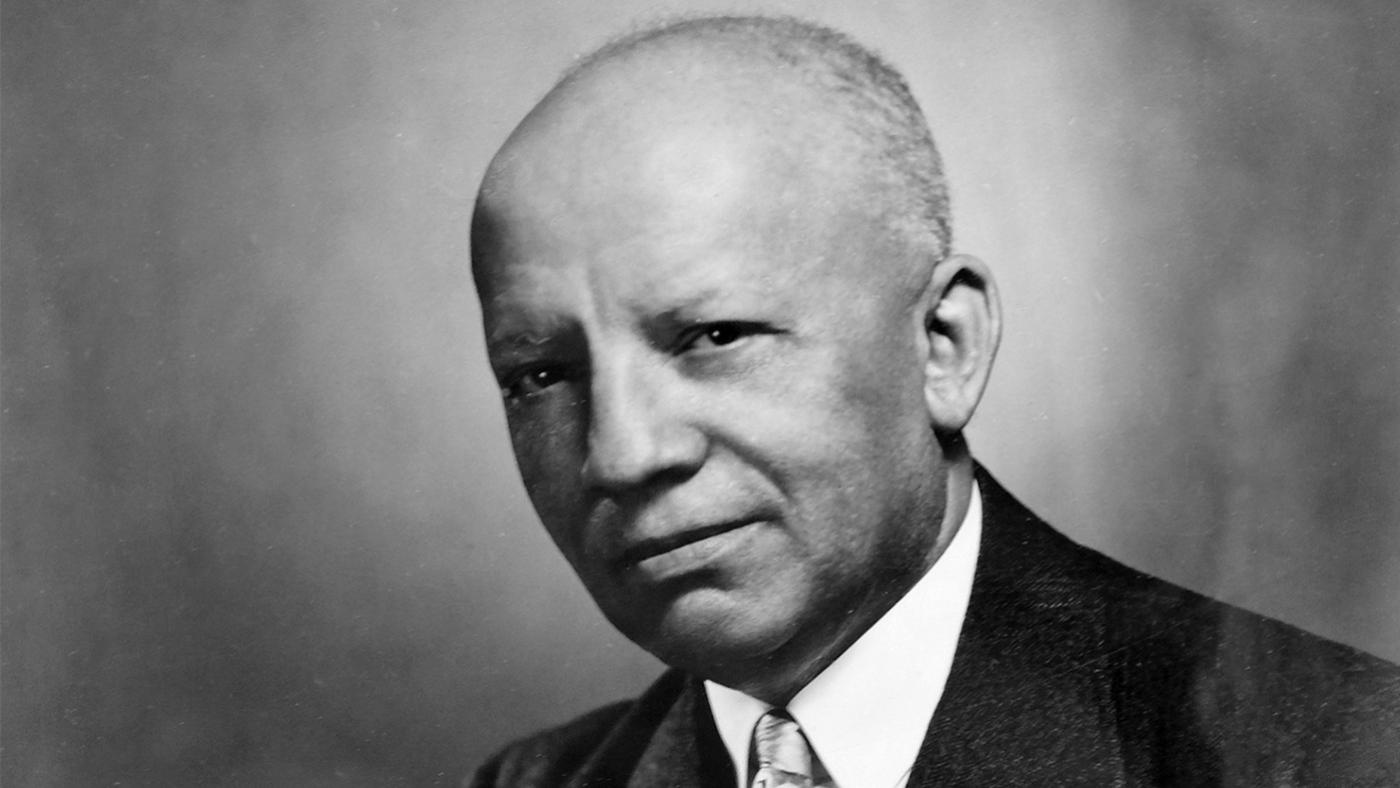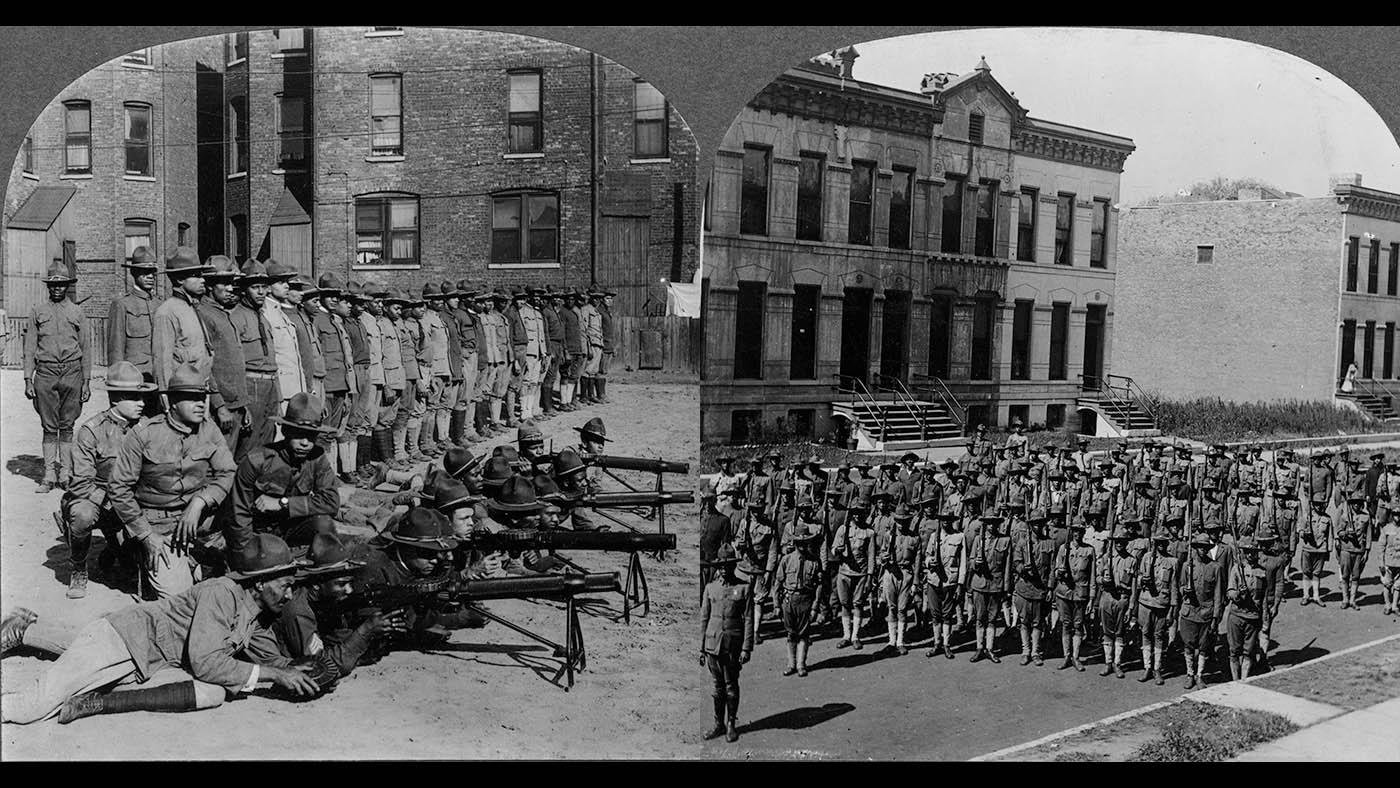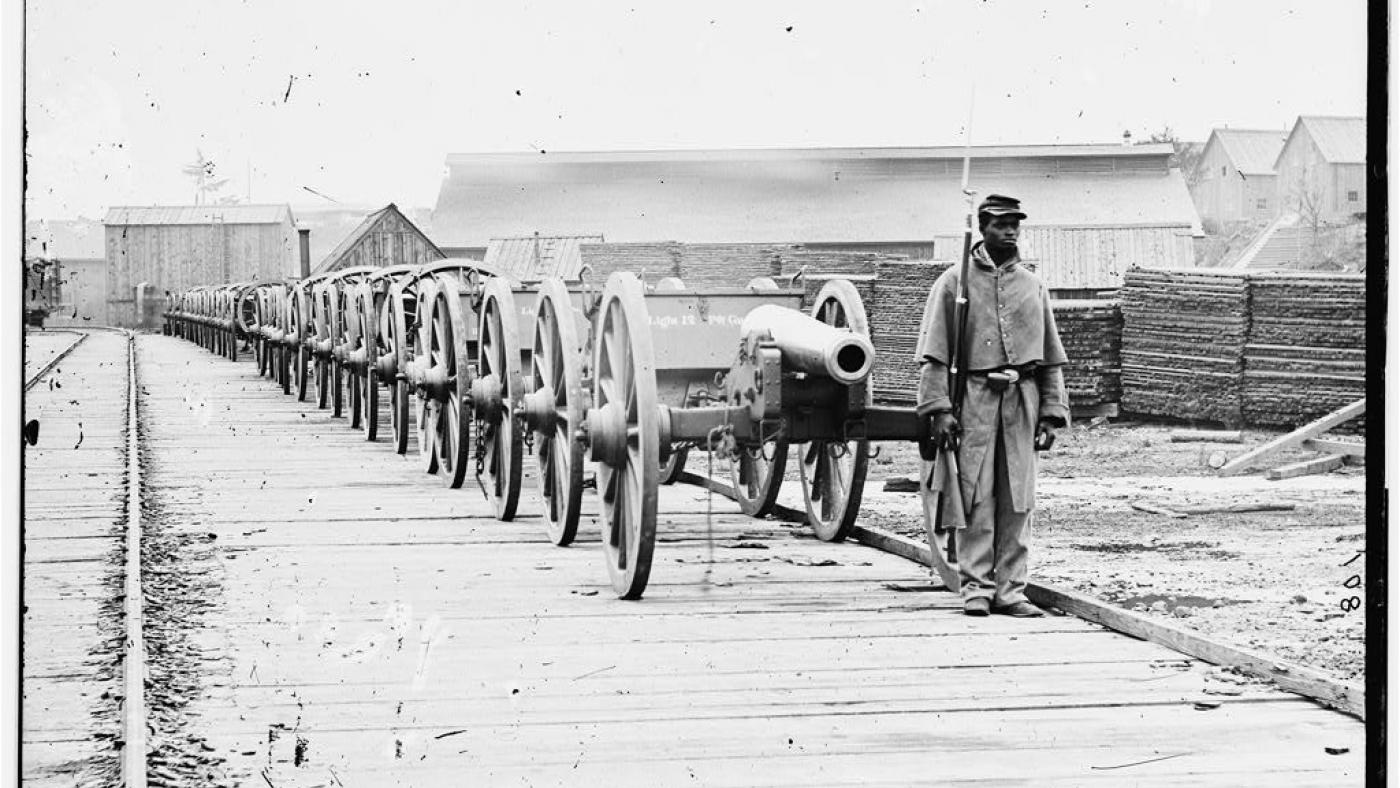Playlist Black History
Black History
The First Black Catholic Priest—a Candidate for Sainthood—and His Importance to Chicago
Daniel HautzingerFather Augustus Tolton escaped slavery in Missouri to become the first openly recognized Black Catholic priest, ministering in Quincy, Illinois and establishing the first standalone Black Catholic church in Chicago. While there are currently no African American saints, he is currently a candidate for sainthood.
The Extraordinary Achievements of the First Black Residents of Rogers Park
Daniel HautzingerThe Pollard family contained the NFL's first Black head coach, the first Black licensend nurse in Illinois, a producer of silent films, the first Black woman graduate of Northwestern University, a Civil War veteran, and the winner of an Olympic medal.
The Importance of Some of Chicago's Notable Black Churches
Daniel HautzingerBlack churches in Chicago have played host to speakers from Martin Luther King, Jr. to Frederick Douglass to Barack Obama while supporting civil rights and social justice, as well as their own spiritual communities.
The Horrific Violence and Continuing Legacy of Chicago's 1919 Race Riot
Daniel Hautzinger“1919 represents a moment in time that is not that distant in the past in which you can see the violence of white supremacy enacted all across the country,” says a historian. And its effects still resonate today, in housing and the relationship between police and black communities.
What to Stream This Month
Daniel HautzingerCelebrate Black History Month with some monumental surveys of history that cover everything from Chicago's African American community to the most American of music to Africa's civilizations. Plus, two documentaries about indomitable black women.
Frederick Douglass's Defiant Stand at Chicago's World's Fair
Daniel HautzingerAlthough Frederick Douglass did not know his official birth date, he celebrated it on February 14. Late in his life, he spent a year in Chicago serving as the most prominent advocate for African Americans in a World's Fair that largely excluded them.
The Father of Black History
Daniel HautzingerIt's thanks to Carter G. Woodson (whose name graces a prominent Chicago library) that we have Black History Month, and he was foundational in studies of African American history. He fought to reform education and spread knowledge of black American's proud past.
The Forgotten Story of Illinois's Black World War I Regiment
Daniel HautzingerThe 370th Infantry Regiment is one of only a handful of African American regiments that served in World War I and the only one commanded solely by black officers. Having fought for their country abroad, they returned home to fight for their rights.
African Americans in Chicago During the Civil War
Daniel HautzingerDuring the Civil War, many freed slaves moved to Chicago, swelling the black population from around 600 at the beginning of the decade to 3,691 in 1870. A black professional class began to emerge while new churches and communities were built.

